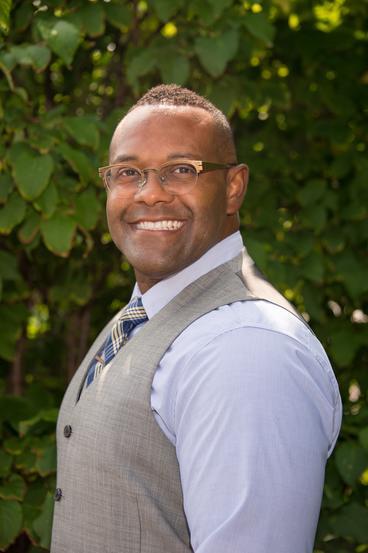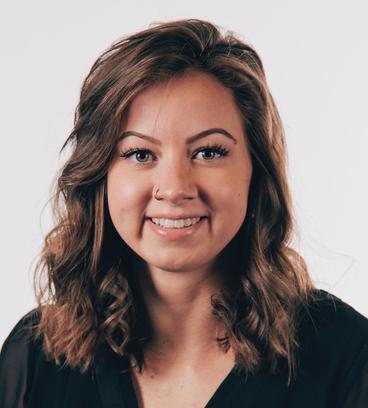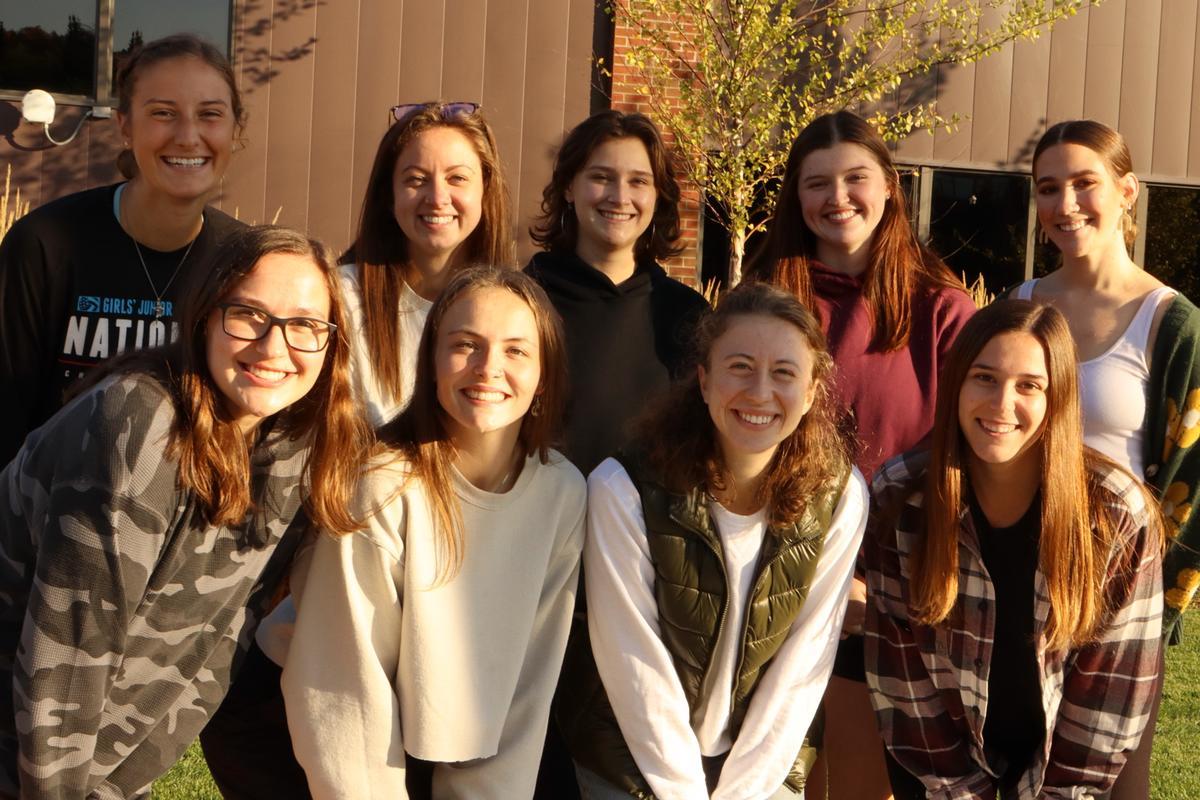Most people aspire to live a healthy lifestyle. But it can be a challenge to set relevant goals and find the perseverance and motivation to achieve them. That’s where health and wellness coaches come in.
Imagine having a personal cheerleader to help uncover your strengths, set goals and develop an action plan forward. UMD now has a program to help meet the demand for this evolving career path. The Health and Wellness Coaching minor was designed by faculty in UMD’s Public Health program. It provides curriculum and practical skills in topics such as nutrition, developmental psychology and facilitating healthy lifestyles.
Health and wellness coaching is a new niche within health educator jobs, which the Bureau of Labor Statistics projects will increase by 16 percent in the next five years. Companies and nonprofit organizations alike are increasingly hiring coaches to help support the well-being of their employees. The idea is to empower people to make lasting behavioral changes that help them to live healthier lives.
The Program

Assistant Professor Marzell Gray and Professor Mitzi Doane have been working to develop the Health and WellnessCoaching program over the past few years. Fall 2021 is the first semester that students could register for the minor. Doane had been guiding public health students in the process of becoming peer health coaches for a number of years as part of the public health program’s internship requirement. Gray has a passion for health and wellness coaching and is certified by Wellcoaches, which he calls the “gold standard for certification in the field.”
Students don’t have to be in the Public Health program to sign up for the Health and Wellness Coaching minor, though there are several prerequisites for admittance. The program features core courses as well as two classes students can choose based on their interests. Electives include topic areas such as women’s health issues, drug education, exercise adherence, or cross-cultural psychology.
Besides academic learning, students develop practical skills through coaching experiences. “It allows students to incorporate communication and behavioral change into their own concepts of health and how to be healthy and also to help others—to have a positive feedback role,” says Gray. “They build self-awareness and self-efficacy. The skills they learn are transferable to a lot of different areas.”
In addition, the new program will eventually help students prepare for a national board exam required to receive a certification in health and wellness coaching. Nine students in the UMD Public Health program are serving as coaches this fall, working one-on-one with UMD students and employees to enhance their wellness. Several of them are completing the new Health and Wellness Coaching minor.
Becoming a Coach
Ailee Leppi declared herself a public health major as an incoming freshman. But she admits, “I had no idea what that meant or what I could do with it. I just knew I wanted to work in the healthcare field helping people.”

After she started taking classes and interacting with faculty, Leppi knew she was in the right program. Doane’s course “Facilitating Healthy Lifestyles” sparked Leppi’s interest in coaching. She also credits Gray’s mentoring with helping hone her interests and figure out the right niche.
“One of the best things about the UMD Public Health program is that the faculty are constantly giving us opportunities and pushing us in a positive direction and giving us the resources we need to succeed,” she says.
Leppi is in her third semester of coaching others. For the first two semesters, she worked with students. “It was really great. It was so much fun. I really enjoyed it … I had really great feedback from clients I worked with,” she says.
Rather than coaching peers, Leppi is now working with UMD employees. But she’s embraced the challenge. “It’s been a big learning curve. It has pushed me out of my comfort zone,” she says.
Leppi describes the coaching process as client-centered. Participants start by completing a wellness assessment that helps to highlight different aspects of their health and wellness. This is broadly defined to include issues related to aspects of physical, mental, spiritual and financial health.
The coaching relationship starts out as a conversation between two people, according to Leppi. “The participant and coach are learning alongside one another and getting to know each other. We walk with them and we learn just as much from them as they learn from us,” she says.
Once the assessment is completed, the coach helps the client identify goals they want to work on. “Sometimes they know and sometimes they don't know what they want to work on. I talk with them and have them walk through their day to help figure it out,” says Leppi, adding that the act of regularly checking in and talking to their coach helps hold people accountable to their goals.
Leppi works as an undergraduate research assistant at the John Hopkins Center for American Indian Health and hopes to continue working at the center after she graduates. She intends to become certified as a health and wellness coach and to find a way to continue coaching in the future. “I really want to be a health coach on the side—to find a way to bring that into my work,” she says.
A fifth-year senior, Leppi will be graduating in December. In part, she stayed on at UMD because she wanted to complete the new minor. She’s enthusiastic as she reflects on the program and faculty. “We’re very lucky as public health students that we get the opportunity to have such hands-on experiences with faculty here at UMD and that we can lean on them for support.”
The Fall 2021 health and wellness coaches are pictured in the featured image above.
About the Public Health program.
